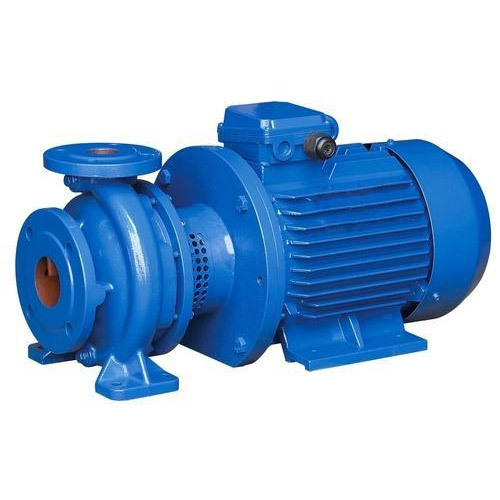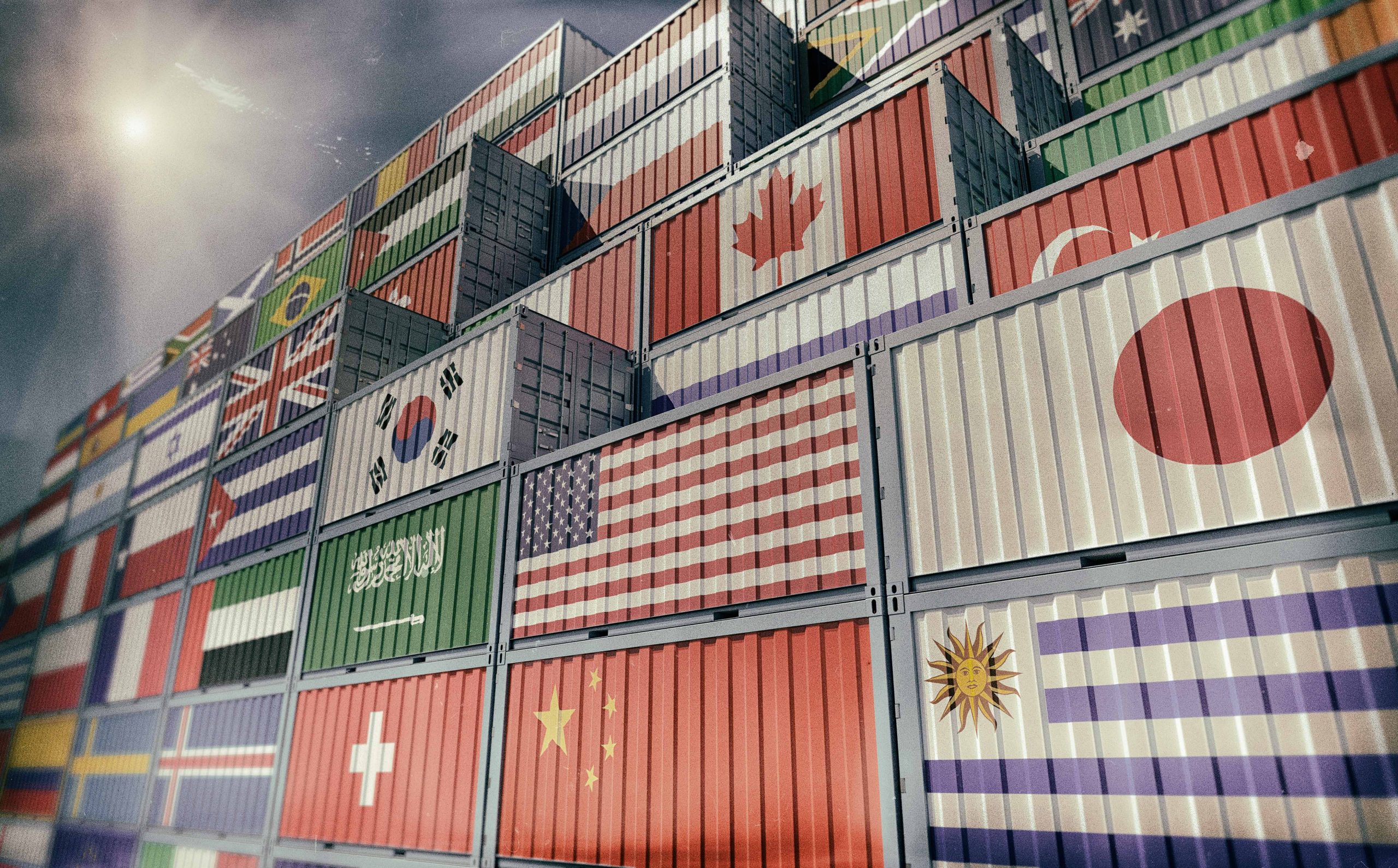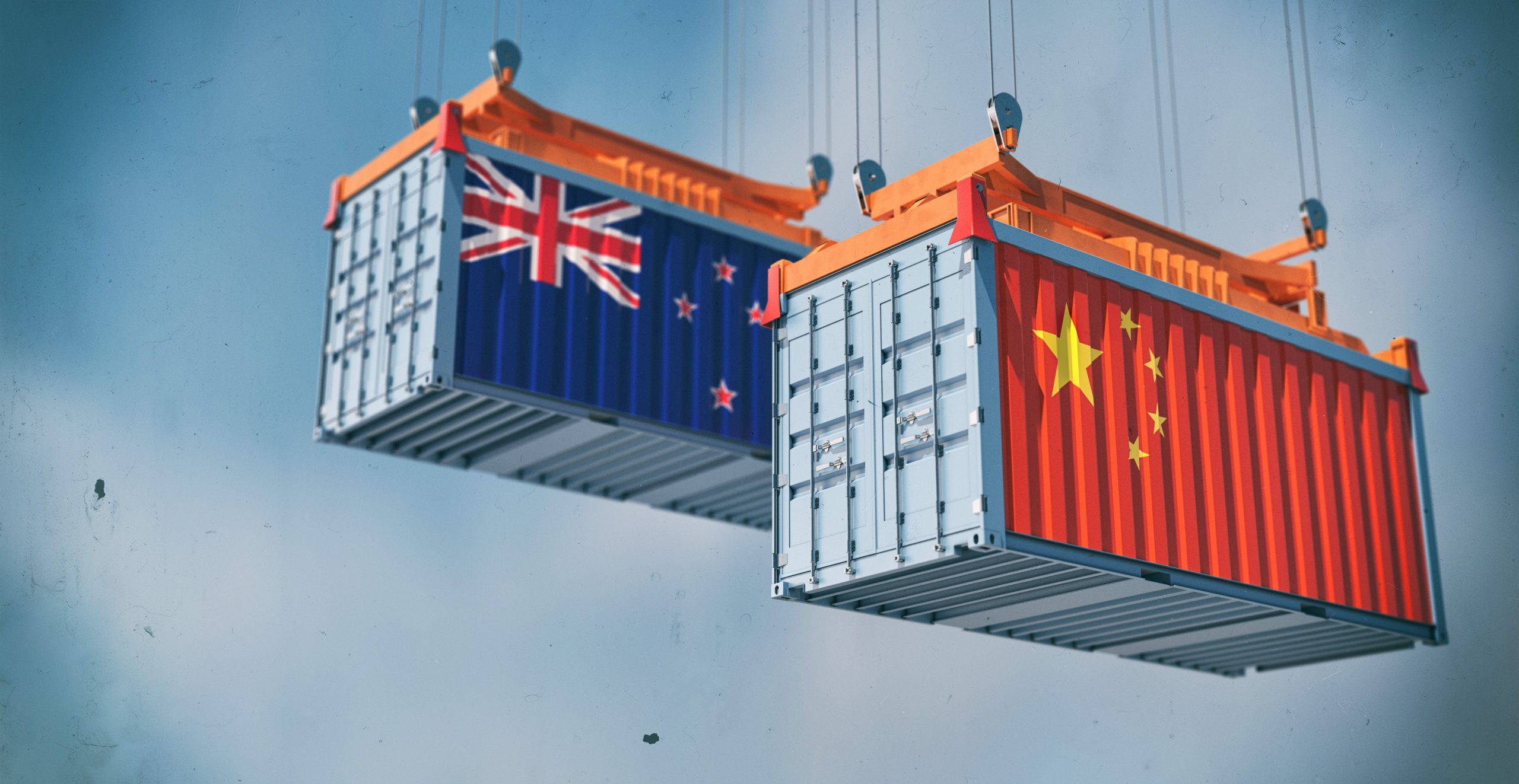A Guide to Buying and Exporting Liquid Pumps from Kenya
A Guide to Buying and Exporting Liquid Pumps from Kenya
The pump manufacturing industry is highly fragmented with several small manufacturers. The small size of the market and the presence of a number of players has resulted in minimal competition among players. Manufacturers now need to differentiate their products on other factors than price. The process of buying goods from suppliers and selling them to customers as finished goods or raw materials is known as supply chain management. A supply chain is a network of partners working together to move a product from manufacturer to final buyer. Each partner specializes in certain parts of production, so that the finished product is cheaper, faster, and better than if each company produced all its own components. A supply chain consists primarily of suppliers and customer distributors. Small manufacturers must be aware that they are not big enough to create their own supply chains. Therefore, it’s important for them to understand which partners they will need in order to sell their products effectively and efficiently.
Importing from Kenya
Small businesses first need to identify what they would like to import from Kenya. Before making a decision on which product to import, it’s important to consider a few factors, including the current market for the product, its place in the supply chain, and the number of competitors in the market. Many different industries have the potential to be imported from Kenya. The agricultural industry, for example, has been growing steadily in Kenya. While specific products may vary depending on the season, common crops include coffee, tea, macadamia nuts, sesame seeds, and sugar cane. The manufacturing industry in Kenya has experienced significant growth as well. Many companies produce garments, furniture, and even electronics components. Other products imported from Kenya include the following:
Exporting to Kenya
Exporting to Kenya is a great way to enter into the East African market. Because Kenya is a relatively developed market, doing business with importers there will likely be a smooth experience, especially if you already have a good relationship with importers in that region. There is a wide range of industries that are in need of goods in Kenya. Beyond the market for consumer goods, there are also many sectors that need industrial products, including the following: The government of Kenya encourages foreign investment in the country. That said, exporters should keep in mind that the government has certain policies that small businesses should be aware of before exporting to Kenya.
Liquid Pumps: The Basics
Liquid pumps are machines that move liquids from one place to another. They are often used on farms to pump water or other liquids from one storage container to another. Liquid pumps are powered by electricity or gas and are used in a variety of industries, including agriculture, construction, mining, and food and beverage. Liquid pumps can be subcategorized as positive displacement or rotary pumps. Positive displacement and rotary pumps are two main types of liquid pumps. Positive displacement pumps move a liquid by changing the volume of the liquid within a chamber. Rotary pumps, on the other hand, move liquids by controlling the flow of the liquid exiting the pump.
Understanding the Import/Export Process
Understanding the import/export process is key to succeeding in the industry. For example, if you have a product that is manufactured in Kenya and you want to export it to Europe, you will need to clear customs both in Kenya and Europe. This process will require different steps and documents for each country. You should start preparing for customs at least three months before you expect to arrive at your destination. Doing so will give you enough time to collect all the necessary documents and meet all the necessary requirements. To successfully import and export, you must understand the process and have a good relationship with the importers and exporters that you’re working with. In most cases, customs officials will ask for information about the shipment, such as its value and the quantity of goods being imported. They will also ask you to provide proof that the goods being imported are legal in the country of import.
Key Steps in Buying and Exporting
There are several steps that businesses need to go through in order to buy and export products. Let’s take a look at what those are. – Defining Your Needs and Expected Outcome – When starting a new supply chain relationship, it’s important to identify what you want to import or export. By clearly identifying your needs, you can tailor your search for the right supplier. – Assessing the Competition – When looking for a supplier, you must consider the number of competitors in the market. If there are only a few suppliers, you have more freedom to negotiate prices and services. – Finding Potential Suppliers – After determining the types of products you want to buy and the price range in which you’re willing to purchase them, it’s time to start searching for the right suppliers. – Negotiating Prices – When you’ve found a few potential suppliers, you should begin negotiating prices. Before agreeing to purchase products from a supplier, you should try to get as close to your original price range as possible. – Making an Offer – After determining your budget and the amount you’re willing to pay for products, it’s time to make an offer to the suppliers with whom you’ve been in contact. Make sure to follow up with them in a timely manner.
Lessons for Small Businesses
Buying and exporting products is a long and complex process. It’s important for importers and exporters to be patient and stay organized throughout the search for products. – You Don’t Need to Purchase a Full Container – If you want to buy a whole container of goods, you’ll likely find that the sellers are very particular about their prices and terms. Small businesses can often buy only a part of a container. – Ask About Customs Clearance – Before agreeing to purchase products, ask the supplier about the process of customs clearance. This information will be helpful when navigating the process of importing legally. – Identify Your Landing Place – Before purchasing products, it’s important to know where they’re going to be delivered. This will help you plan for transport and import costs.
Conclusion
Liquid pumps are machines that move liquids from one place to another. These machines are often used on farms to pump water from one storage container to another. Liquid pumps can be subcategorized as positive displacement or rotary pumps. Before buying or selling pumps, it’s important to understand the process of importing and exporting products. When purchasing products, importers should follow these steps to find the best suppliers. Similarly, exporters should follow these steps to find the best buyers. By following these steps, you will make the process of buying and selling products much easier.








LEAVE A COMMENT
You must be logged in to post a comment.